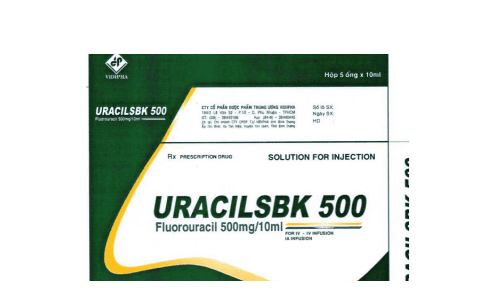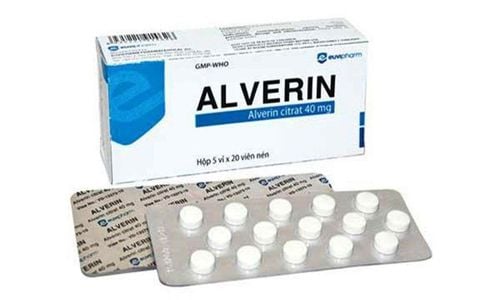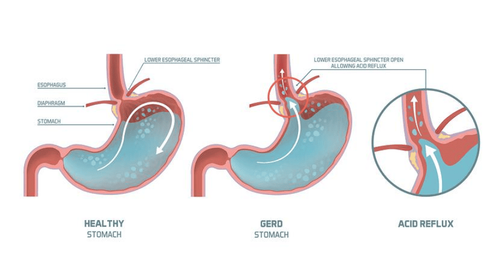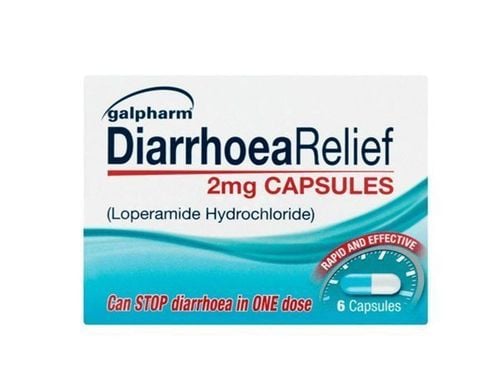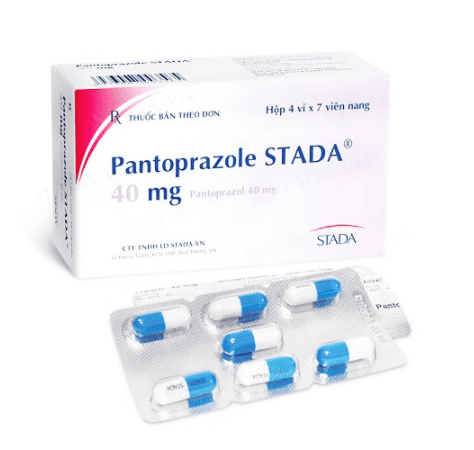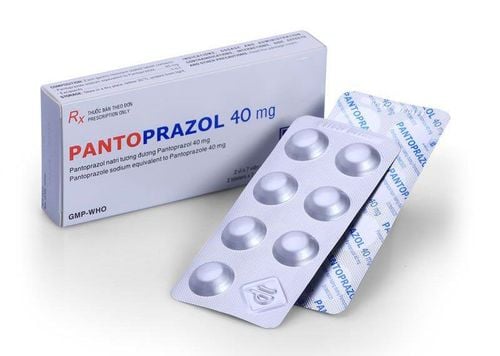This is an automatically translated article.
The article is professionally consulted by Master, Doctor Nguyen Thai Binh - Gastroenterologist - Department of General Surgery - Vinmec Ha Long International General Hospital. The doctor has more than 20 years of experience working in the specialty of abdominal surgery.An occasional bout of acid reflux from the stomach back into the esophagus is usually not a cause for concern. However, if frequent acid reflux could be a sign of gastroesophageal reflux disease, which is a chronic digestive problem that can cause medical complications.
1. Gastroesophageal reflux disease
Gastroesophageal reflux occurs when acid from the stomach somehow moves back up the esophagus. If a person experiences symptoms of acid reflux into the airways more than twice per week, they may have a condition called gastroesophageal reflux disease (GERD).According to a study by the American Institute of Diabetes, Digestive and Kidney Diseases, about 20% of people in this country have gastroesophageal reflux disease. If left untreated, the disease can cause dangerous complications.
1.1. Symptoms of Gastroesophageal Reflux Disease Gastroesophageal reflux disease (GERD) can cause a patient to feel a burning sensation and discomfort in the chest and back of the neck, this sensation is often referred to as heartburn.
In addition, gastroesophageal reflux can also lead to a sour or bitter feeling in the oral cavity that can even push food or liquid from the stomach back into the mouth.
In some cases, GERD can cause difficulty swallowing, sometimes leading to respiratory problems such as chronic cough or asthma.
1.2. Causes of Gastroesophageal Reflux Disease The cause of gastroesophageal reflux disease is related to the lower esophageal sphincter. The lower esophageal sphincter is a circular band of muscle at the end of the esophagus. When working properly, it opens when you swallow and then tightens so that water and food are retained in the stomach without reflux.
A disorder that causes the esophageal sphincter not to work properly, causing digestive juices as well as undigested food to be pushed back into the esophagus.

Drink barium solution: Barium solution is used as a contrast agent to record images. Image of the patient's upper gastrointestinal tract to determine the status of GERD. Upper endoscopy: An endoscope attached to a small camera is threaded into the esophagus to examine and take a biopsy sample if needed. Esophageal pH monitoring: Through a device placed in the esophagus, technicians can determine when stomach acid refluxes into the esophagus. 1.4. Gastroesophageal reflux disease in infants About two-thirds of infants under 4 months of age and 10% of infants under one year of age have symptoms of gastroesophageal reflux disease.
Common signs and symptoms of gastroesophageal reflux disease in infants include:
Loss of appetite Difficulty swallowing Choking Frequent belching or hiccups Discomfort during and after eating Weight loss or slow development Cough or Repeated pneumonia Difficulty sleeping If the child shows the above symptoms, it is necessary to immediately go to the nearest medical facility for examination and early diagnosis of gastroesophageal reflux disease or other health problems. .
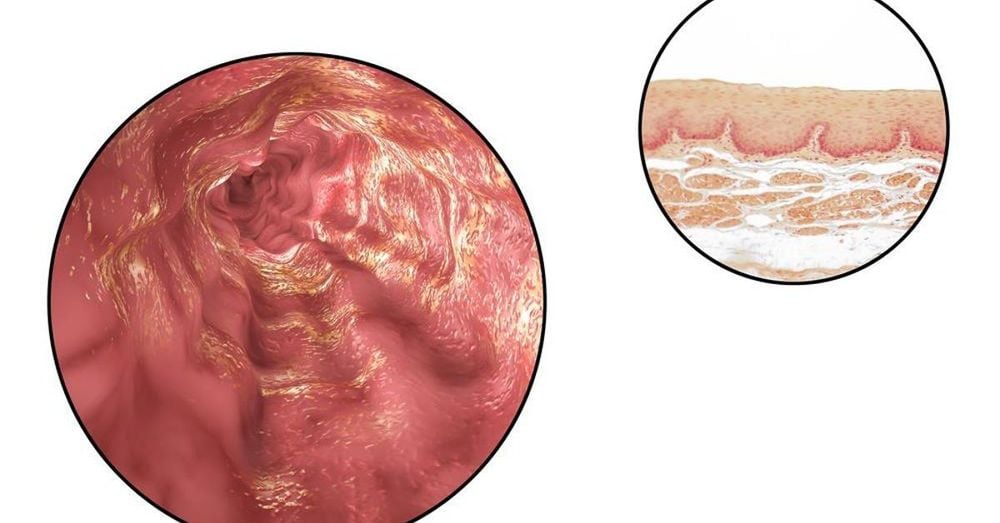
Complications of GERD include:
Esophagitis Esophageal stricture , which occurs when the esophagus narrows or tightens Damage to the lining of the esophagus Esophageal cancer Asthma, chronic cough or breathing problems Other breathing problems when acid in the refluxed stomach enters the respiratory tract. Worn teeth, gingivitis or other dental problems.
2. Gastroesophageal reflux treatment
There are many options in the treatment of gastroesophageal reflux disease. Including lifestyle changes, medication, surgery... Here are some methods of treating gastroesophageal reflux disease commonly prescribed by doctors:2.1. Medication Use Some medications used to treat GERD include:
Antacids H2-antihistamines or H2-receptor blockers Proton pump inhibitors (PPIs) In many cases, doctors Your doctor may prescribe a stronger histamine H2 blocker or proton pump inhibitor. If GERD is severe and does not respond to other treatments, surgery is indicated.
Some GERD medications can cause side effects and need to be treated. Use under the guidance of a physician.
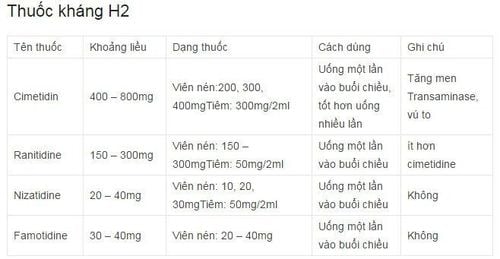
The doctor will recommend surgery in case the patient has changed the lifestyle or used the treatment drugs without getting results. In addition, patients may also need surgery in cases where gastroesophageal reflux has developed forms of complications.
Surgical treatment of gastroesophageal reflux is relatively diverse in options. Surgery to tighten the lower esophageal sphincter is a surgical method that is considered the standard in surgery to treat gastroesophageal reflux disease, in addition to a number of other surgical forms such as endoscopic, endo Clinch....
Linx surgery is also a relatively effective method. This method uses a special device called the Linx that contains tiny titanium particles that wrap around the esophageal sphincter to keep it contracting and opening and closing normally.
2.3. Adjust the diet In some people, the following foods and drinks can cause GERD symptoms:
High-fat foods Spicy foods Chocolate Fruits citrus, tangerine Pineapple Tomatoes Onions, garlic Mints Alcohol Coffee, tea and soft drinks Limiting eating or drinking the foods mentioned above can reduce the symptoms of gastroesophageal reflux disease.
2.4. Changes in daily living habits Some lifestyle changes as well as daily living habits can reduce the symptoms of GERD. Example:
Quit smoking Lose weight Divide your meals into small meals throughout the day Chew gum after meals Avoid lying down right after eating Avoid certain foods and drinks that increase acid reflux symptoms , esophagus Do not wear clothes that are too tight Rest, relax with yoga exercises In addition, some plant-based foods support the treatment of gastroesophageal reflux relatively effectively such as:
Chrysanthemum Licorice root hollyhock root Slippery elm Although there are no formal studies, many people have used these herbs in their meals and reported that the condition of gastroesophageal reflux has decreased significantly. tell.
Reflux of gastric juice into the airway is a normal condition of the body, but if they happen continuously for a long time, it may be a manifestation of gastroesophageal reflux disease.
Gastroesophageal reflux can make patients feel uncomfortable, not eat well, if not treated can cause serious complications even life-threatening.
The usual treatments for GERD are lifestyle and habit changes combined with drug treatment. However, when these methods are not effective, surgical indications will be considered and applied.
Vinmec International General Hospital is one of the hospitals that not only ensures professional quality with a team of doctors, modern equipment and technology, but also stands out for its examination, consulting and service services. comprehensive and professional medical treatment; civilized, polite, safe and sterile medical examination and treatment space. Customers when choosing to perform tests here can be completely assured of the accuracy of test results.
Please dial HOTLINE for more information or register for an appointment HERE. Download MyVinmec app to make appointments faster and to manage your bookings easily.
Articles refer to sources: healthline.com, medicalnewstoday.com, health.com





